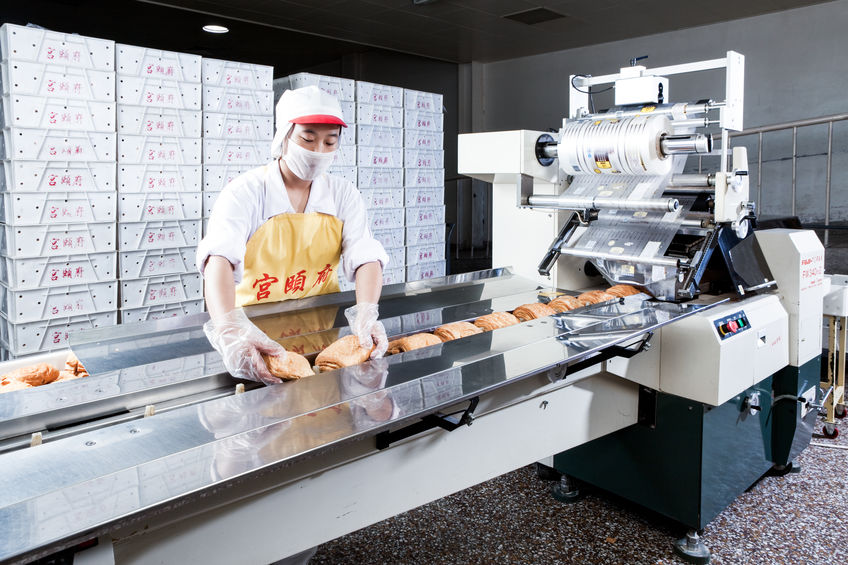Protecting the food supply chain from COVID-19
In times of self-isolation and quarantine we all rely more than ever on a safe and efficient food supply chain to ensure that food is readily available in every home. As food shopping in stores and markets becomes more difficult for consumers because of the measures to reduce contact and avoid the person-to-person spread of coronavirus, governments are doing all they can to keep food available on the shelves.
To ensure this, the food itself and the people working hard to provide it need to be kept safe. Food hygiene is key to that. Though current evidence indicates that for COVID-19 the main transmission is between humans and not through food, good food hygiene is as important as ever as it does not only protect from the new virus but also from those other viruses that do easily transmit through food (e.g. norovirus and hepatitis A) and from harmful bacteria.
Codex: a pioneer in globalizing food hygiene
“The good news is that we know how this can be done because in no other field related to food safety is there so much guidance and experience as in food hygiene”, said Tom Heilandt, Secretary of the Codex Alimentarius Commission. “Codex has been a pioneer in globalizing food hygiene and has been building and modernizing its system over the years with its signature texts giving practical guidance on how to apply and implement best practices to ensure food hygiene (General Principles of Food Hygiene, CXC 1- 1969), handle meats (Code of Hygienic Practice for Meat, CXC 58 – 2005), and control viruses in foods (Guidelines for the Application of General Principles of Food Hygiene to the Control of Viruses in Food (CXG 79-2012).
Food Standards Officers in the Codex Secretariat confirm that enhanced food safety practices at this time, based on those recommended in the Codex texts, will reduce the likelihood of contamination of foods with any pathogen. These measures will also help to lower the public health burden caused by foodborne infections, which will in turn reduce the stress on public health systems in many countries.
Keeping food and workers safe building on standards and systems in place
Speaking via a recent World Health Organization (WHO) webinar, Professor Alan Riley, from the University College of Dublin and former CEO of the Food Safety Authority of Ireland, said how important food service providers were in maintaining the movement of food along the food chain. “There's a huge role here to be played by the food industry and each link in the chain”, he said.
Food safety management systems and all the current programs that underpin those systems built around standards already in place still apply. Those include measures based on Hazard analysis and critical control points (HACCP) principles and grounded in the Codex General Principles of Food Hygiene.
However, the threat of COVID-19 calls on the need for additional hygiene and sanitation measures to be introduced to ensure protection for workers in the food environment.

Applying stringent hygiene measures in the food supply chain
Guidance developed by FAO together with WHO will ensure that the integrity of the food chain is maintained, and that adequate and safe food supplies are available for consumers. The guidance will underline that to keep the virus out of the food environment the focus of controls for all working in the food supply chain should be on physical distancing, stringent sanitation and hygiene measures - such as frequent and effective handwashing - as well as sanitation at each stage of food production, processing, manufacture and marketing.
As a large part of the population continues to work from home, food industry personnel are needed in their usual workplaces. Keeping all workers in the food production and supply chains healthy and safe is critical to surviving the COVID-19 pandemic. “If people start to go down with this illness, we’re in serious trouble”, said Riley.







